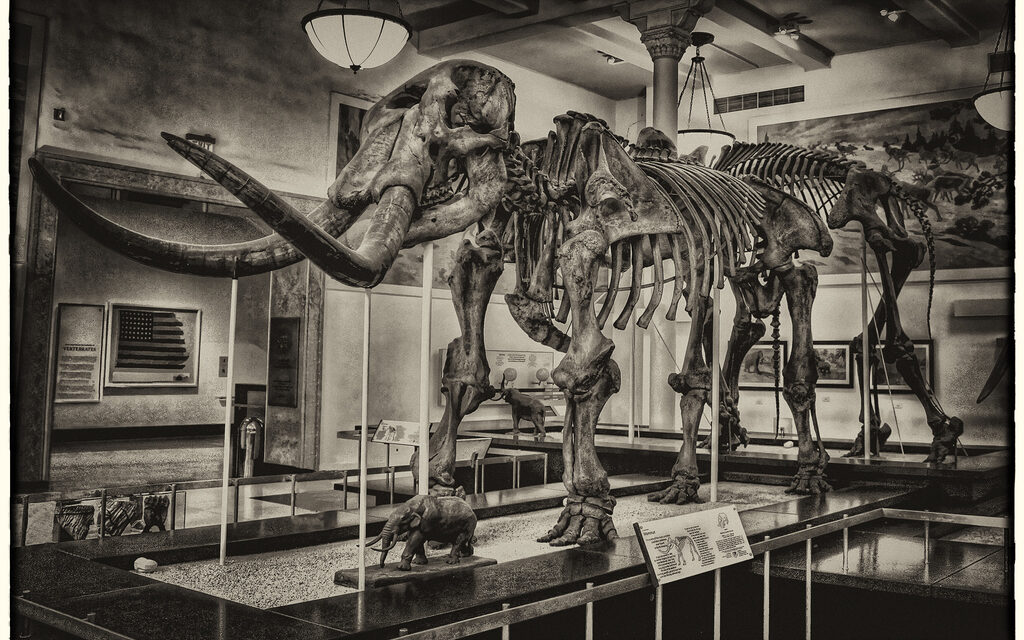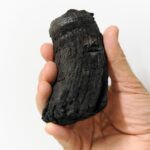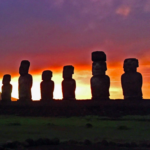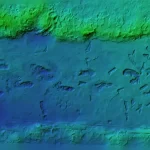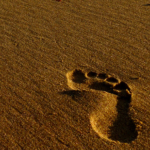New Scientist
Image: Daniel Mennerich
An extraordinary chapter has just been added to the story of the First Americans. Finds at a site in California suggest that the New World might have first been reached at least 130,000 years ago – more than 100,000 years earlier than conventionally thought.
If the evidence stacks up, the earliest people to reach the Americas may have been Neanderthals or Denisovans rather than modern humans. Researchers may have to come to terms with the fact that they have barely scratched the surface of the North American archaeological record.
“We often hear statements in the media that a new study changes everything we knew,” says Chris Stringer at the Natural History Museum in London. “If this result stands up to scrutiny, it does indeed change everything we thought we knew about the earliest human occupation of the Americas.”
The evidence comes from a coastal site in San Diego County, California. In the early 1990s, routine highway excavations exposed fossil bones belonging to a mastodon, an extinct relative of the elephant. Researchers moved in to examine the site, and they soon decided that this was no ordinary mastodon fossil. Read more on newscientist.com…
